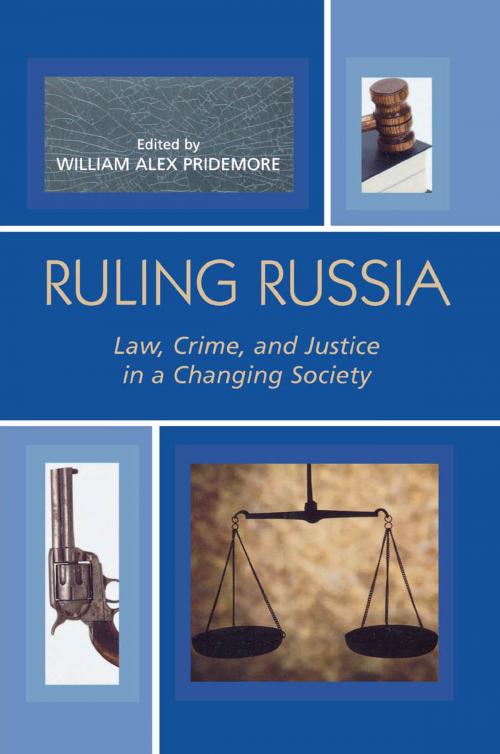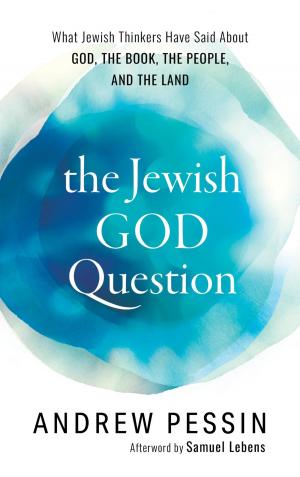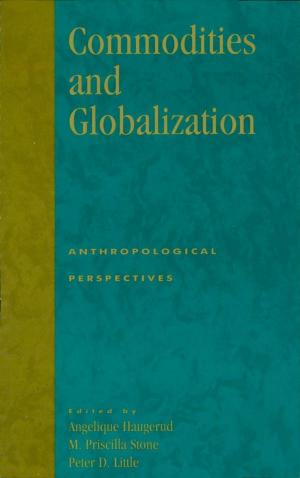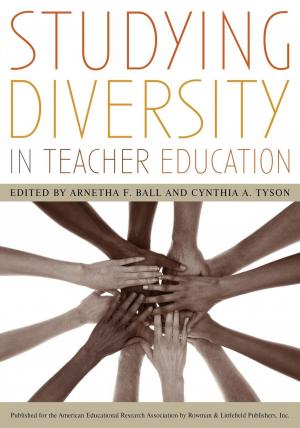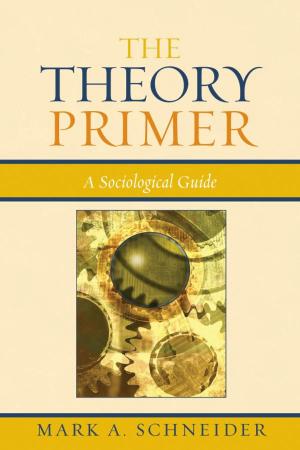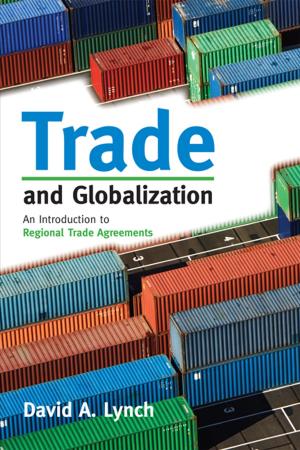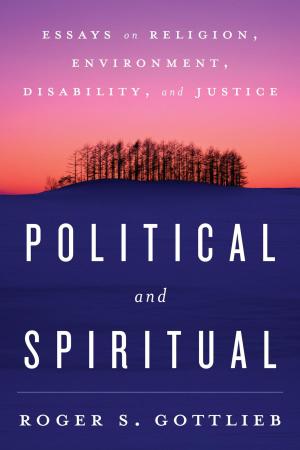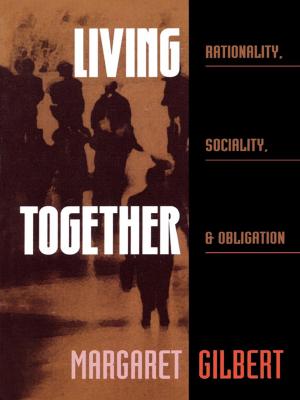Ruling Russia
Law, Crime, and Justice in a Changing Society
Nonfiction, History, Asian, Russia, Social & Cultural Studies, Social Science, Crimes & Criminals, Criminology, Political Science, International| Author: | ISBN: | 9781461643166 | |
| Publisher: | Rowman & Littlefield Publishers | Publication: | July 25, 2005 |
| Imprint: | Rowman & Littlefield Publishers | Language: | English |
| Author: | |
| ISBN: | 9781461643166 |
| Publisher: | Rowman & Littlefield Publishers |
| Publication: | July 25, 2005 |
| Imprint: | Rowman & Littlefield Publishers |
| Language: | English |
Law, crime, and justice are among the most salient issues in any country. This is especially true for a transitional nation like Russia that is facing tremendous social, political, and economic changes, many of which create conditions conducive to crime. These ongoing changes have had profound effects on every major social institution in the country, and the transition from totalitarianism and a command economy toward rule of law and a free market is resulting in shifts in fundamental cultural values. In this environment, governmental agencies are often left without a clear mission, especially given their sometimes dubious roles during the Soviet era, and are rarely provided with the resources necessary to fulfill the difficult duties that are so vital to a functional democracy. This volume, with chapters by highly respected scholars in several disciplines, provides a comprehensive sourcebook of scholarly analysis of the effects of these changes on legal developments and rule of law in Russia, its changing patterns and nature of crime, and its criminal justice system.
Contributions by: Adrian Beck, William E. Butler, Linda J. Cook, Galina N. Evdokushkina, Leonid A. Gavrilov, Natalia S. Gavrilova, Alla E. Ivanova, Janet Elise Johnson, Roy King, Robert W. Orttung, Letizia Paoli, Laura Piacentini, William Alex Pridemore, Annette Robertson, Daniel G. Rodeheaver, Richard Sakwa, Olga Schwartz, Victoria G. Semyonova, Louise I. Shelley, Peter H. Solomon Jr., Janine R. Wedel, and James L. Williams
Law, crime, and justice are among the most salient issues in any country. This is especially true for a transitional nation like Russia that is facing tremendous social, political, and economic changes, many of which create conditions conducive to crime. These ongoing changes have had profound effects on every major social institution in the country, and the transition from totalitarianism and a command economy toward rule of law and a free market is resulting in shifts in fundamental cultural values. In this environment, governmental agencies are often left without a clear mission, especially given their sometimes dubious roles during the Soviet era, and are rarely provided with the resources necessary to fulfill the difficult duties that are so vital to a functional democracy. This volume, with chapters by highly respected scholars in several disciplines, provides a comprehensive sourcebook of scholarly analysis of the effects of these changes on legal developments and rule of law in Russia, its changing patterns and nature of crime, and its criminal justice system.
Contributions by: Adrian Beck, William E. Butler, Linda J. Cook, Galina N. Evdokushkina, Leonid A. Gavrilov, Natalia S. Gavrilova, Alla E. Ivanova, Janet Elise Johnson, Roy King, Robert W. Orttung, Letizia Paoli, Laura Piacentini, William Alex Pridemore, Annette Robertson, Daniel G. Rodeheaver, Richard Sakwa, Olga Schwartz, Victoria G. Semyonova, Louise I. Shelley, Peter H. Solomon Jr., Janine R. Wedel, and James L. Williams
